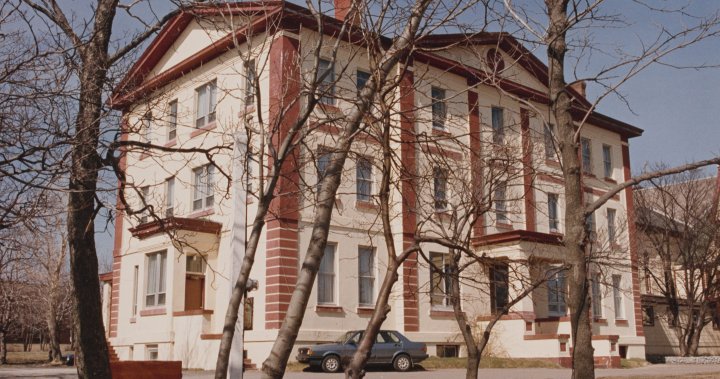The federal government on Thursday announced reduced immigration targets for the next three years, which some experts say will have an impact on housing affordability as early as next year.
Canada will reduce the number of new permanent residents to the country by 21 per cent by next year, Prime Minister Justin Trudeau and Immigration Minister Marc Miller announced on Thursday.
It’s part of a major series of changes to immigration targets that Trudeau says aims to freeze population growth.
The federal government is reversing course on a plan to hold its immigration targets steady for 2026. Canada will reduce the number of new permanent residents from 500,000 to 395,000 in 2025, which will then fall further to 380,000 by 2026 and 365,000 by 2027.
Next year, 40 per cent of all new permanent residents will come from those temporary residents who are already here, Miller said while making the announcement.
Robert Kavcic, senior economist at BMO Capital Markets, said the impact of these cuts is going to be significant.
“We’re going to go from almost 3.5 per cent population growth to effectively zero over the next two years. If they hit these targets, it’s going to have pretty wide-ranging impacts across the economy from things like rent and housing inflation to consumer spending in the next couple of years or so,” he told Global News.
Kavcic said there has been a mismatch between housing supply and “excess demand” over the last few years.
“Unlike supply, which takes years and years to come to market, demand can be controlled almost overnight. And that’s probably what we’re going to see, if Ottawa carries out this plan, very quickly.”

Get breaking National news
For news impacting Canada and around the world, sign up for breaking news alerts delivered directly to you when they happen.
Kavcic said renters and prospective homeowners could start seeing an impact as early as next year.
“As we go through 2025, you’re going to see it pretty clearly. There are some markets where we’re already seeing downward pressure on rent as it is, like the Toronto market, for example,” he said.

Kavcic said in many markets, condo and purpose rentals currently under construction will hit the market next year, in an environment with slower population growth.
While home prices might be impacted by a range of factors, including mortgage lending rules and interest rates, economists say renters will feel the easing immediately.
“The biggest immediate impact we’re expecting to see of reduction in immigrants as well as non-permanent residents is going to be on the rental market,” said Randall Bartlett, senior director of Canadian economics with Desjardins.
“We’re expecting to see pressure on rent growth is going to come off materially.”
However, a Desjardin report said Canada must balance that with its long-term labour needs.
“The goal of this plan is to allow time for the supply of housing and infrastructure to catch up with demand. But with a rapidly aging demographic, that near-term objective will come at the expense of solving Canada’s longer-term labour force constraints,” the report said.
Carolyn Whitzman, senior housing researcher at the University of Toronto’s School of Cities, said Canada needs to use the next three years to shore up housing supply, especially for those in core housing need such as seniors, students and newcomers.
“The best-case scenario would be that the Canadian government will have a chance to stop and reflect on how it’s setting housing targets for a growing and changing society. The worst-case scenario is that immigration will be seen as the magic bullet solution to housing problems,” Whitzman said.
“Whether Canada accepts immigrants or not, it still has a housing supply shortage.”
Whitzman cautioned against blaming immigration entirely for Canada’s housing crisis, something Miller also emphasized during his comments on Thursday.
“It is also undeniable the volume of migration has contributed to affordability. But there’s some nuance there,” Miller said. “You can’t go around saying that all the ills of society are caused by immigration.”
Whitzman said, “It’s part of an international trend towards blaming immigrants for every social ill. The fact is that we need to invest properly in our citizenry, wherever our citizenry comes from.”
Conservative Leader Pierre Poilievre said in a press conference Thursday that the federal government’s latest rollback of immigration targets was a “massive admission of failure.”
“We’re going to link population growth to the number of houses, the amount of health care and jobs that are available. So we will have a mathematical formula that ensures that we never grow our population at a faster rate than we grow the availability of jobs, homes and health care,” Poilievre said.
© 2024 Global News, a division of Corus Entertainment Inc.





